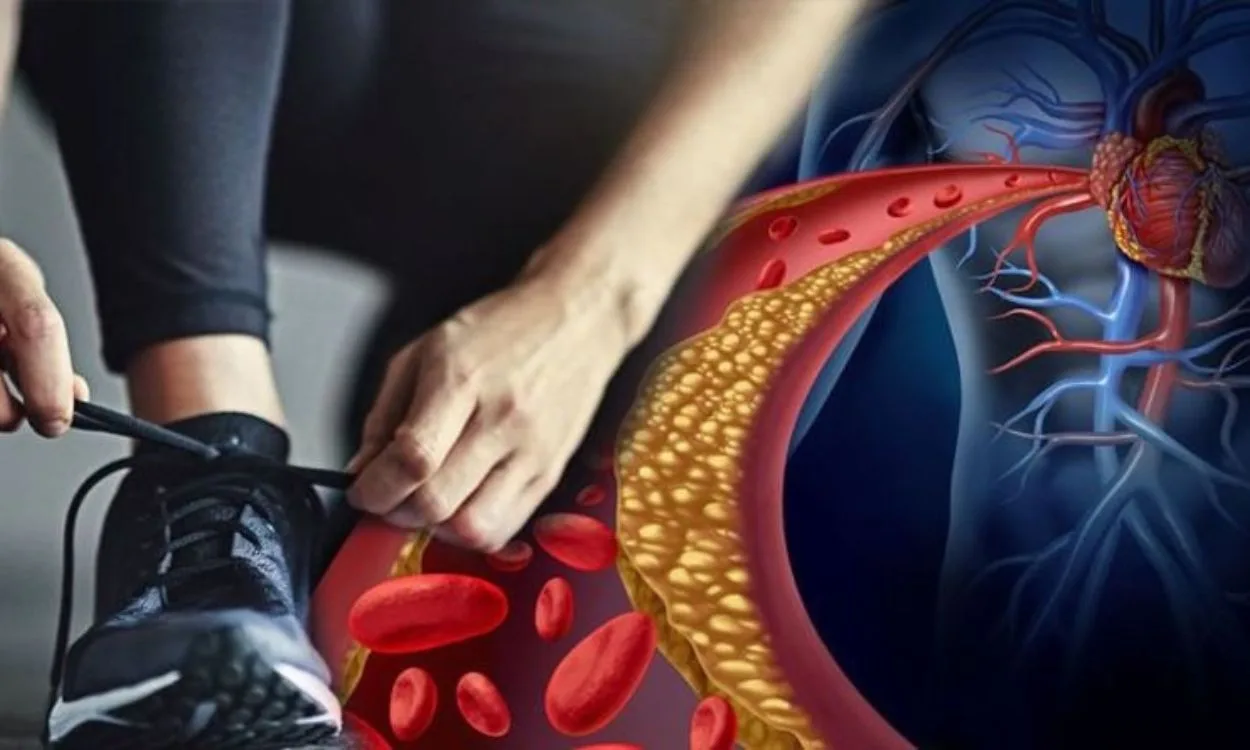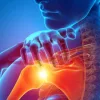Benefits of Regular Physical Activity for Cholesterol
Introduction
Regular physical activity has numerous benefits for overall health and well-being. One of the key areas where physical activity can have a positive impact is cholesterol management. Cholesterol is a fatty substance found in the blood that is necessary for various bodily functions. However, high levels of cholesterol, especially low-density lipoprotein (LDL) cholesterol, can increase the risk of heart disease and stroke. In this article, we will explore the benefits of regular physical activity for cholesterol management and how it can help individuals in the Indian population improve their cardiovascular health.
Lower LDL Cholesterol Levels
Regular physical activity has been shown to increase high-density lipoprotein (HDL) cholesterol, also known as “good” cholesterol, and decrease LDL cholesterol, also known as “bad” cholesterol. This is because physical activity stimulates the production of enzymes that help move LDL cholesterol from the bloodstream to the liver, where it is broken down and eliminated from the body. By reducing LDL cholesterol levels, physical activity helps to prevent the build-up of plaque in the arteries and lowers the risk of heart disease.
Increase HDL Cholesterol Levels
In addition to lowering LDL cholesterol levels, regular physical activity also increases HDL cholesterol levels. HDL cholesterol acts as a scavenger, picking up excess cholesterol from the bloodstream and delivering it to the liver for processing. Higher levels of HDL cholesterol have been associated with a reduced risk of heart disease. Physical activity, especially aerobic exercises like brisk walking, jogging, cycling, and swimming, can significantly increase HDL cholesterol levels and improve overall cholesterol profile.
Weight Management
Maintaining a healthy weight is crucial for cholesterol management. Regular physical activity plays a significant role in weight management by burning calories and increasing metabolism. Engaging in exercises that elevate heart rate and increase energy expenditure helps in reducing excess body weight, especially visceral fat, which is strongly associated with high LDL cholesterol levels. By maintaining a healthy weight through physical activity, individuals can effectively manage their cholesterol levels and reduce the risk of heart disease.
Improved Insulin Sensitivity
Regular physical activity improves insulin sensitivity, which is essential for individuals with high cholesterol or type 2 diabetes. Insulin is a hormone that regulates blood sugar levels, and insulin resistance is a common condition in individuals with high cholesterol. Physical activity helps the body use insulin more effectively, reducing the risk of developing type 2 diabetes and improving cholesterol management. By improving insulin sensitivity, regular physical activity can help maintain healthy cholesterol levels and overall cardiovascular health.
Reduced Blood Pressure
High blood pressure is a common risk factor for heart disease and can contribute to the development of elevated cholesterol levels. Regular physical activity, particularly aerobic exercises, has been shown to reduce blood pressure in individuals with hypertension. Exercise helps strengthen the heart muscle, improve blood flow, and reduce resistance in the arteries, leading to lower blood pressure levels. By incorporating regular physical activity into their routine, individuals can manage both their blood pressure and cholesterol levels effectively.
Stress Reduction
Chronic stress and high levels of cortisol, a stress hormone, can contribute to elevated cholesterol levels and an increased risk of heart disease. Regular physical activity has been proven to reduce stress and promote mental well-being. Engaging in exercises such as yoga, meditation, or even a leisurely walk can help lower cortisol levels, reduce stress, and improve cholesterol management. By incorporating stress-reducing activities into their daily routine, individuals can positively impact their cardiovascular health and cholesterol levels.
Conclusion
Regular physical activity offers numerous benefits for cholesterol management and overall cardiovascular health. By engaging in regular exercise, individuals can lower LDL cholesterol levels, increase HDL cholesterol levels, maintain a healthy weight, improve insulin sensitivity, reduce blood pressure, and manage stress. These benefits are particularly important for the Indian population, as heart disease and high cholesterol levels are prevalent health concerns. In order to optimize the benefits of physical activity, it is recommended to engage in a combination of aerobic exercises, strength training, and stress-reducing activities. Taking control of one’s cholesterol levels through regular physical activity is a proactive step towards a healthier and happier life.
Experience the Benefits with Fitpaa
If you are looking to achieve your health and fitness goals, including cholesterol management, download the Fitpaa app today. Fitpaa offers a comprehensive and personalized approach to health and fitness, with expert guidance from fitness coaches, nutritionists, and doctors. With the help of Fitpaa’s advanced technology and tailored plans, you can optimize your metabolism, improve your cholesterol profile, and achieve guaranteed results. Don’t wait any longer – start your journey towards a healthier lifestyle with Fitpaa today!
Download the Fitpaa app now and experience the joy of achieving your health and fitness goals with guaranteed results.









